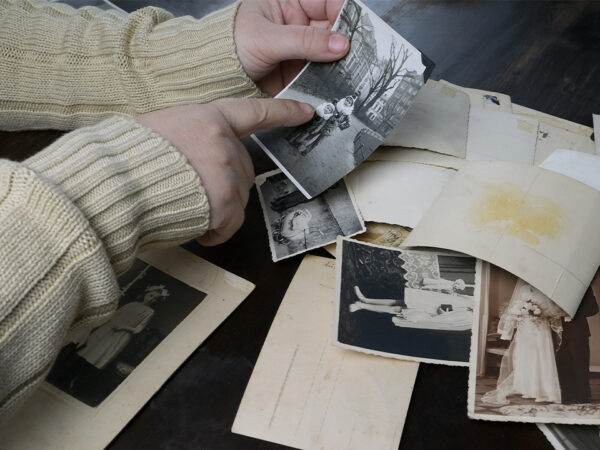

Dispatches
Essays

House of Secrets
To new generations, the secrecy of the past is often baffling. A secret is a woman laced so tightly into her velvet gown that she cannot breathe or speak. We show up in jeans. Carl Jung called secrets “psychic poison”: they isolate the keeper of the secret, require lies, breed distrust, and become the unwanted inheritance of a generation bewildered by the need to keep them.

The Raw, the Cooked, and the Difference between Them
I had known her parents, and now all four of our parents were in their graves, and we were parents of grown children. We lived in the same metropolitan area. Why would it not be pleasant to sit together and imagine the futures that remained in each of our separate lives?

The Politics of Pickleball
The proliferation of pickleball has clashed with its racquet elder, tennis. The contrast between the two can be felt from the global to the local, where Facebook rants, city council meetings, and passionate letters to the editor serve as sites of tension.
Reviews
About The Common Reader
The Common Reader, a publication of Washington University in St. Louis, offers the best in reviews, articles and creative non-fiction engaging the essential debates and issues of our time.
This Just In
Sign-up for email updates or “This Just In,” The Common Reader newsletter.
Subscribe to Our Free Newsletter!






